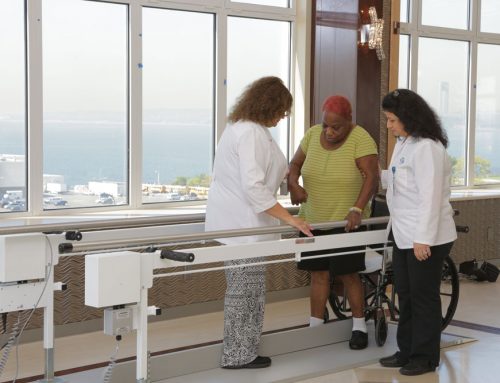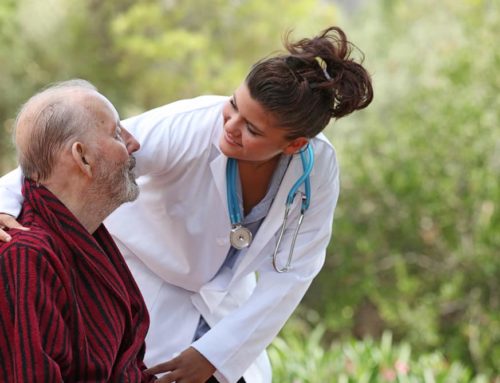People who snore loudly and feel fatigued even after a full night’s sleep may have a condition called sleep apnea. This is a serious sleep disorder which can lead to heart problems, type-2 diabetes, and complications with medications and surgery.
If you suspect you have this disorder, see your doctor for a diagnosis and to get treatment. See our frequently asked questions which cover this condition in more depth.
What Triggers Sleep Apnea?
Obstructive sleep apnea occurs when throat and tongue muscles fail to operate properly, leading to a narrowing of the airway. If you can’t get enough air, you wake up momentarily, snorting, choking, or gasping to open the airway. This stops you getting a good night’s sleep and feeling refreshed in the morning.

Another, less common form of sleep apnea is when the brain fails to send the right signals to these muscles. This means that effectively you stop breathing for a while. This, in turn, leads to a fall in oxygen levels in the blood, a potentially dangerous situation. Talk to your doctor to find out what is causing your sleeping and breathing problems.
What Are The Warning Signs Of Sleep Apnea?
The signs and symptoms of different types of this health condition can make a precise diagnosis difficult. However, common symptoms include loud snoring, insomnia, and gasping for air during sleep. Other symptoms are a dry mouth when you wake up, a morning headache, irritability, and fatigue during the day.
Who is at risk of getting it?
You are more likely to have sleeping and breathing difficulties at night if you are an older male. Other risk factors include various heart disorders or being on opioid medications such as methadone. If you have had a stroke you may also be at greater risk of sleep apnea.
Smokers and obese people have a higher risk of this disorder.
Treatment
Lifestyle changes may help in the treatment of mild versions of this ailment. For instance, if you are overweight, your doctor will probably recommend exercise and dietary changes. Losing weight can reduce your blood pressure and the number of breathing episodes you experience.
Aerobic exercise, weight-bearing exercises, and yoga all help strengthen the muscles that control breathing.
If you have obstructive sleep apnea avoid lying on your back and sleep on your side instead. This helps keep the airway open and reduces the risk of stop-start breathing and sleeping patterns. Avoid alcohol, medications, or sedatives that relax throat muscles and interfere with breathing.
For mild or more serious forms of this sleeping disorder your doctor may recommend “continuous positive airflow pressure” therapy. This involves a machine that delivers a steady stream of air through an airtight nosepiece or mask as you sleep.
Sleep apnea is a debilitating and potentially serious condition so seek medical advice to determine the best treatment options.
Haym Salomon Home For Nursing And Rehabilitation in Brooklyn NY specializes in providing medical care and services to patients. When a person moves to our nursing home, a team of doctors, therapists, nurses and aides provide around-the-clock care.
This content comprises informative and educational resources only and can not be considered as a substitute for professional health or medical guidance. Reliance on any information provided in this article is solely at your own risk. If you have any inquiries or apprehensions about your medical condition or health goals, talk with a licensed physician or healthcare provider.






Leave A Comment